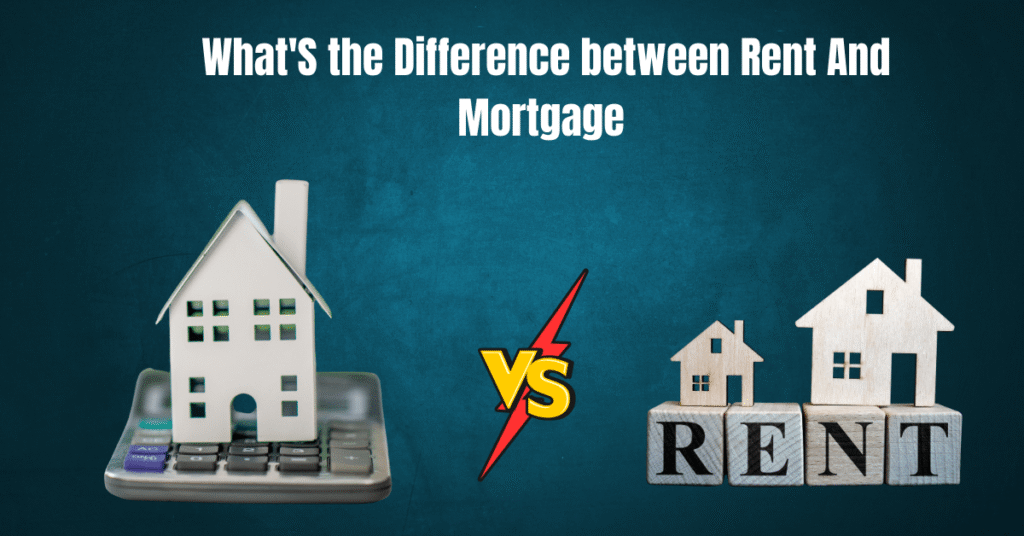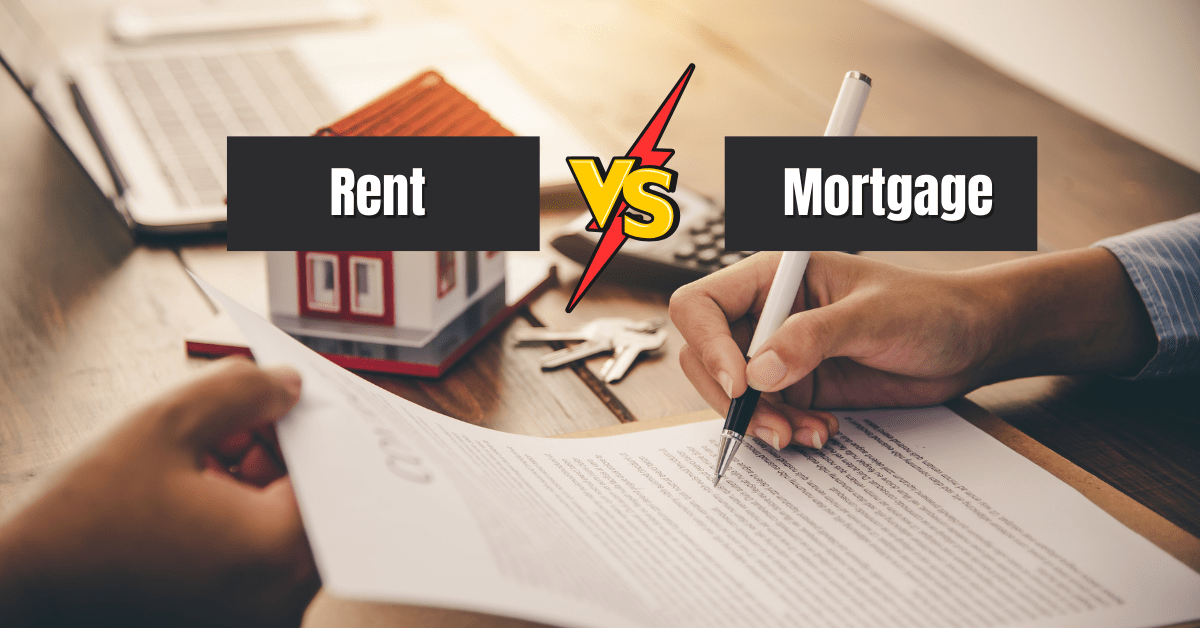As an aspiring homeowner or someone considering renting a property, it is crucial to understand the fundamental difference between rent and a mortgage. Let’s delve into the key distinctions between these two terms.
Rent: An Overview
Rent is the amount of money paid by a tenant to a landlord in exchange for the temporary use of a property or living space. It is usually paid on a monthly basis. Renting offers a flexible living arrangement, as tenants can typically move out at the end of their lease term without long-term financial commitments.
Renting is an attractive option for individuals who are not quite ready to settle down or lack the necessary funds for a down payment on a home. Renting grants the convenience of avoiding property maintenance or repair costs, as these responsibilities usually fall on the landlord.
Mortgage: An Overview
A mortgage, on the other hand, is a loan specifically used to finance the purchase of a property. It involves borrowing money from a lender, typically a bank, to buy a home or commercial real estate. The property serves as collateral for the loan, which means that if the borrower fails to make the agreed-upon payments, the lender can repossess or foreclose on the property.
Mortgages are usually long-term commitments, ranging from 15 to 30 years, where borrowers make regular payments that consist of both principal and interest. Over time, as the loan is paid down, the borrower builds equity in the property, which is the portion of the property that the homeowner truly owns.

Key Differences
| Rent | Mortgage |
|---|---|
| Rental payments provide temporary use of a property or living space. | Mortgage payments build equity and eventually lead to full property ownership. |
| No long-term financial commitment – the tenant can move out at the end of the lease term. | Mortgages usually require a long-term commitment, typically lasting 15 to 30 years. |
| The landlord is responsible for property maintenance and repairs. | The homeowner is responsible for property maintenance and repairs. |
| Flexibility in terms of location and living arrangements. | Provides stability and the opportunity to establish roots in a specific community. |
| No equity is built as rental payments do not contribute to property ownership. | Borrowers build equity over time through regular mortgage payments. |
Factors to Consider
When deciding between renting and getting a mortgage, there are several factors to consider:
- Financial situation and stability: Consider your current financial position and stability. Do you have enough savings for a down payment, closing costs, and monthly mortgage payments?
- Long-term plans: How long do you plan to stay in the property? Renting offers flexibility for those who anticipate frequent moves, while buying a property is ideal for those planning to settle down.
- Property maintenance: Are you willing and able to take on the responsibilities of property maintenance and repairs?
- Equity building: Do you want to build equity over time or prefer the flexibility of renting without long-term financial commitments?
Frequently Asked Questions Of What’s The Difference Between Rent And Mortgage: Unveiling Financial Insights
What Is The Difference Between Rent And Mortgage?
Rent is a payment made by tenants to occupy a property temporarily, whereas a mortgage is a loan taken to buy a property.
How Does Renting Work?
When you rent a property, you pay the landlord a monthly fee in exchange for living in their property for a specific period of time.
What Are The Advantages Of Renting?
Renting offers flexibility, as you are not tied down to a long-term commitment. Also, repairs and maintenance are typically handled by the landlord.
What Are The Advantages Of Having A Mortgage?
With a mortgage, you are working towards owning a property and building equity. You have the freedom to personalize your home and potentially benefit from appreciation.
Conclusion
In summary, the main difference between rent and mortgage lies in the concept of ownership and financial commitment. Renting offers flexibility and convenience, while a mortgage provides the opportunity to build equity and establish roots in a community. Assessing your financial situation and long-term plans will help guide your decision-making process when choosing between renting and home ownership.
Ismail Hossain is the founder of Law Advised. He is an Divorce, Separation, marriage lawyer. Follow him.





Leave a Reply